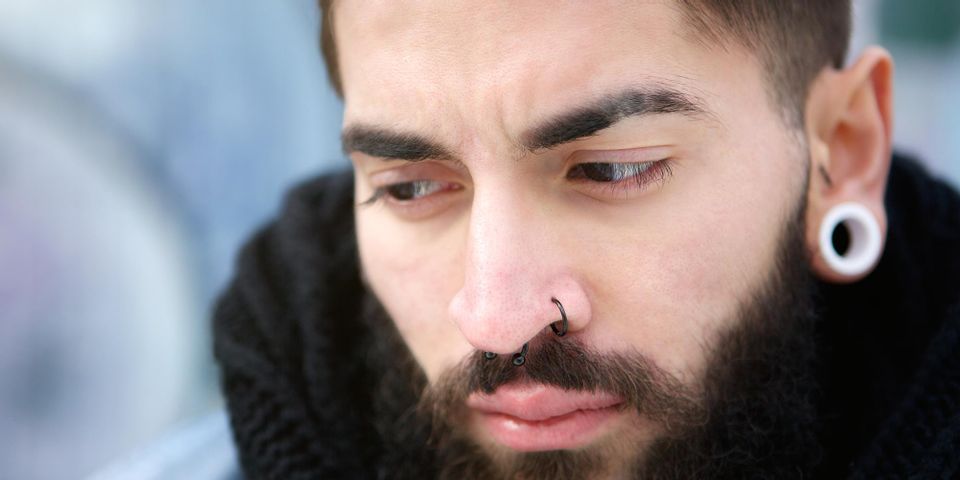A Guide to the Risks of Nose Piercings

If you’re interested in piercing your nose, it’s important to be mindful of the potential risks associated with it. This can help you feel better prepared for the process, and you’ll also have a clearer idea of when to seek the help of a nasal doctor. Here’s what you need to know.
What Problems Can Nose Piercings Cause?
The nose is situated on the nasolabial triangle, or what medical professionals sometimes call the “danger triangle.” This is the area that extends from your eyebrows to your top lip. All of the veins in this part of the face have a relationship with your sinus cavities. Because a piercing is a foreign object, it’s critical to exert caution when it’s introduced to the body – especially in this sensitive area where the infection is more likely to develop. Other concerns, such as scarring, tearing, and metal allergies, may also occur if the nose doesn’t respond well to the piercing.
What Are the Signs of a Possible Problem?
 A bacterial infection can occur if the equipment used to pierce the skin wasn’t properly sterilized. Common symptoms of this concern include a bump and itchiness. A bump might also indicate another problem, such as a keloid, or a thickened scar that may form several months after piercing. Pustules can also resemble bumps; these are blister-like formations filled with pus. Throbbing, swelling, and tenderness are all additional signs that you need to see a nasal doctor promptly.
A bacterial infection can occur if the equipment used to pierce the skin wasn’t properly sterilized. Common symptoms of this concern include a bump and itchiness. A bump might also indicate another problem, such as a keloid, or a thickened scar that may form several months after piercing. Pustules can also resemble bumps; these are blister-like formations filled with pus. Throbbing, swelling, and tenderness are all additional signs that you need to see a nasal doctor promptly.
How Can You Handle a Nose Piercing Issue?
Make sure that you see a licensed professional if you plan to get your nose pierced. All work should be performed in sanitary conditions using sterilized tools. Consider the type of metal; nickel jewelry may cause allergic symptoms, like itchiness and redness, so you might want to opt for stainless steel or gold if your skin is sensitive. Practice proper aftercare at home to avoid potential risks. Remember to wash your hands thoroughly before touching the site, clean the area carefully with saline, and avoid applying any type of ointments unless directed by a doctor. If you do experience symptoms of an infection, don’t remove your piercing. Otherwise, the skin may start to close and “trap” the bacteria responsible for the problem. Visit your nasal doctor promptly for proper treatment.
If you’re concerned about a potentially infected nose piercing, let the nasal doctors at Ear Nose & Throat Specialties PC take a look. Proudly serving patients throughout Lincoln, NE, since 1991, these professionals offer comprehensive treatments for your ear, nose, and throat concerns. From sinus issues to infections, they’ll get to the root of the problem and provide a solution for your discomfort. Visit the website for more information, or call (402) 488-5600 to schedule an appointment with a sinus doctor.
About the Business
Have a question? Ask the experts!
Send your question

